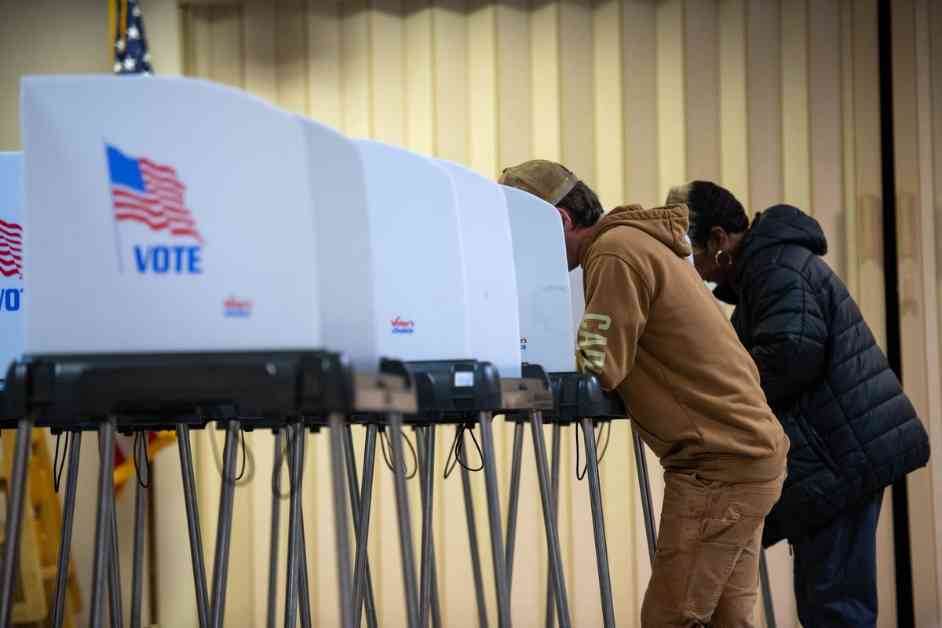Climate change is a major focus in this year’s state elections. The outcomes of these elections will have a significant impact on climate policy across the country. In states like Washington, voters will decide the fate of aggressive emissions-cutting systems, while in North Carolina, the governor’s stance on climate change could shift depending on election results. In Minnesota, where major climate laws were recently enacted, Democrats are fighting to maintain control over the Legislature. These down-ballot races will have far-reaching implications beyond state borders.
Democrats have been successful in passing climate laws in states like Michigan and Minnesota, using their power to advance clean energy standards and other environmental policies. As the election approaches, Democrats are hopeful that their climate initiatives will resonate with voters.
Republicans, on the other hand, have largely avoided the climate issue, even when policies align with conservative ideas. In Michigan, for example, a new law making it easier for landowners to implement renewable energy projects was passed along party lines, with Republicans mostly staying away from the issue.
In Washington, a referendum on the state’s cap-and-invest system has become a focal point of the election. The system has raised billions of dollars to fund emissions-cutting projects but has faced criticism for raising gas prices. Voters will also choose a new governor, with climate policy a central issue in the race.
Minnesota Democrats are aiming to maintain their majority in the Legislature to uphold the clean electricity standard and other climate policies passed in 2023. Every seat in the House is up for election, with climate policy playing a significant role in the races.
Michigan Democrats are facing a tight race to maintain control of the House, where Republicans only need to flip one seat to block climate bills from advancing. The state’s new electricity standard and other climate policies are at stake in the election.
In North Carolina, the governor’s stance on climate change has faced opposition from the Republican-held Legislature. The outcome of the election could determine whether the state adopts California’s vehicle standards and joins cap-and-trade programs for electricity.
These state elections will shape the future of climate policy in the United States, with Democrats and Republicans facing off on key environmental issues. The results of these down-ballot races will have a lasting impact on the country’s efforts to address climate change.










